Condo and Townhouse Home Inspection
 Getting a condo inspection or townhouse inspection is important, which might be unsurprising information coming from a home inspector. Even though the HOA (Homeowner’s Association) handles the majority of the exterior and shared maintenance, condos still have a myriad of components and system that you’ll be responsible for once you buy. You’ll want to know as much as you can about those systems, especially since condos share many of the same issues as single-family homes.
Getting a condo inspection or townhouse inspection is important, which might be unsurprising information coming from a home inspector. Even though the HOA (Homeowner’s Association) handles the majority of the exterior and shared maintenance, condos still have a myriad of components and system that you’ll be responsible for once you buy. You’ll want to know as much as you can about those systems, especially since condos share many of the same issues as single-family homes.
The main difference between a typical single-family home inspection and a condo inspection is that a condo inspection is more limited (also means they cost less). Typically, the HOA is responsible for the exterior, which includes the siding, roof, and crawlspace. It can also include the attic and garage.
This leaves all the interior components, including electrical system, heating and air conditioning, appliances, plumbing system, doors and windows, and finishes. We’ll also inspect the deck or balcony, which you may not be responsible for, but is important to inspect for safety issues.
What to expect in a Condo Inspection
A condo inspection, like a standard home inspection, is a visual inspection. This means we’ll inspect all areas visible and accessible. Here’s a few of the major items we’ll inspect:
- Water heaters: It’s important to know when your water heater was manufactured and whether it has the appropriate safety features. Some of these features may be needed to qualify for loans. We’ll also include informational items, such as, brand, serial number, capacity, and energy type. Water heaters generally have a lifespan of 8-12 years and can cost hundreds of dollars to replace, so it’s important to know when it was manufactured to budget accordingly.
- Electrical panel: As with all our inspections, we’ll open up the electrical panel and inspect the breakers, wiring and box. This is one of the most important areas to inspect for safety — sometimes, especially on older condos, the electrical system has been altered or added to over the years, often times, incorrectly. And, depending on the era, the panel may have been subjected to recall.
- HVAC: Loans often require heating sources in every habitable room. We’ll check all the registers with thermal imaging and inspect the air conditioning units — heat pump and furnace or wall heaters — to ensure they are functioning properly.
- Appliances: These are often overlooked and not inspected by other home inspectors. This is a mistake — we always inspect appliances. In addition to being a significant expense if you have to replace them, they can also be safety hazards and cause major damage if installed incorrectly.
- Windows: Failing windows can be a major source of energy loss for the home. Windows commonly have failed seals — even newer windows — which can lead to water intrusion and create conducive conditions for mold and wood destroying organisms. Drafty windows can also affect the comfort of the home and increase your energy bill.

